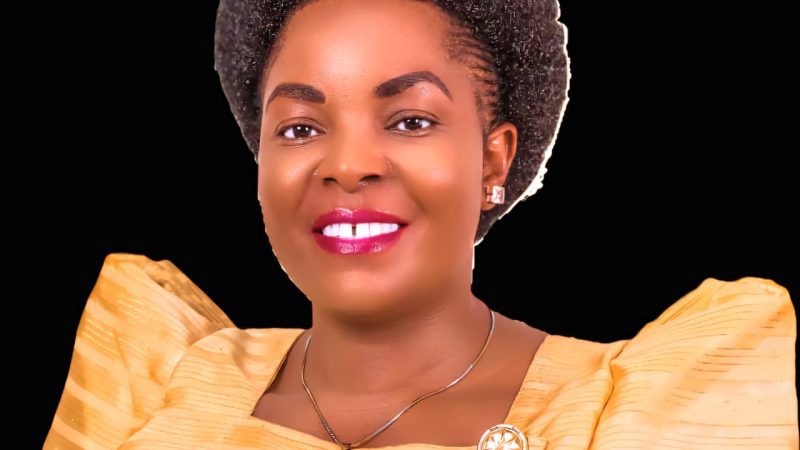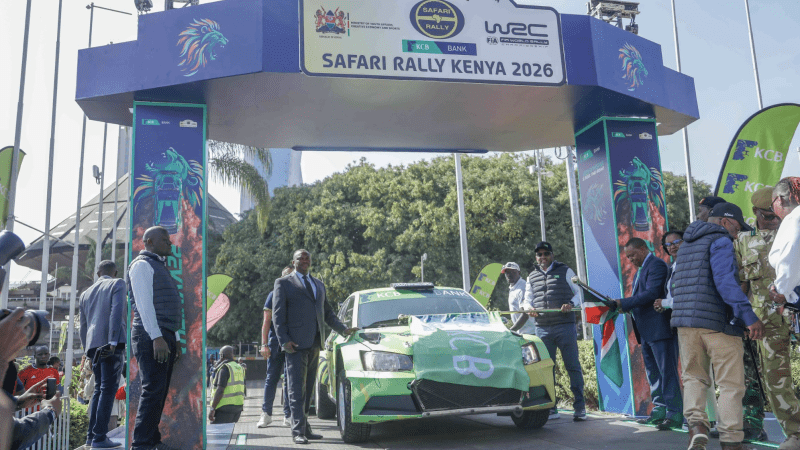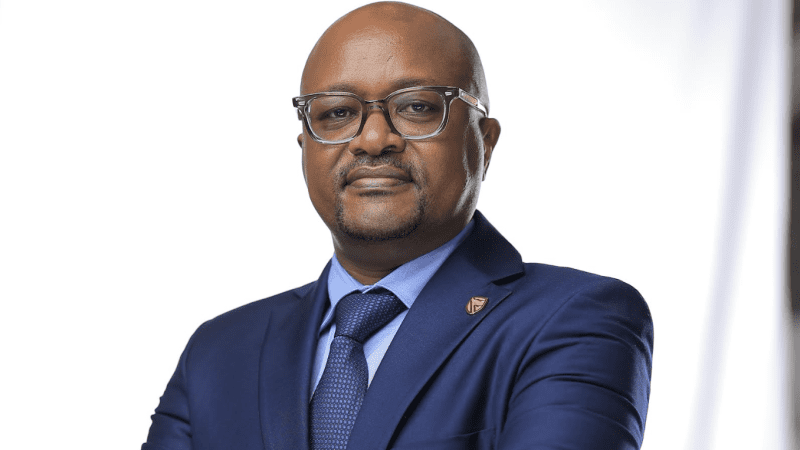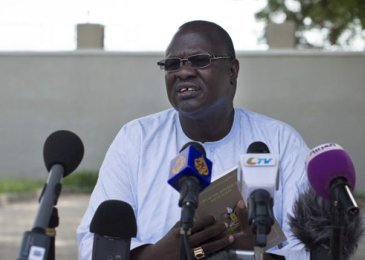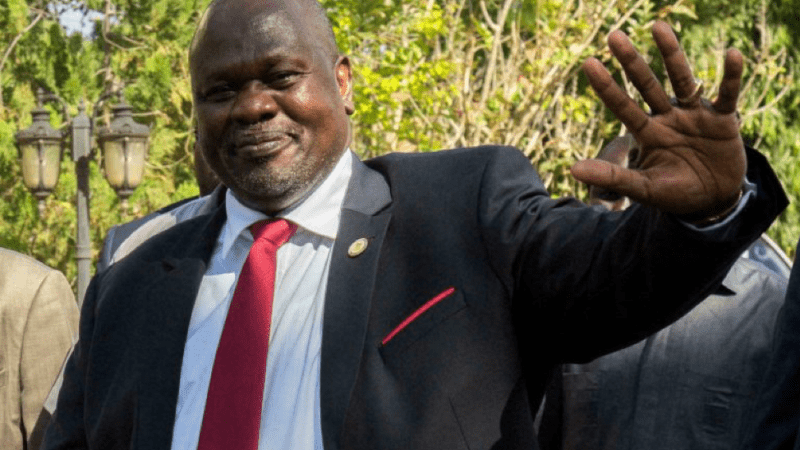South Sudan’s armed opposition movement (SPLM-IO) has suspended its participation in the security mechanisms, sparking concerns and fears such a decision could heighten tensions in an already volatile security situation.
The SPLA-IO command structure said they opted out of the security mechanisms in protest of attacks allegedly carried out by government forces on its positions in Upper Nile and Equatoria regions.
The armed opposition group vowed not to participate in coordination meetings usually chaired by the Reconstituted Joint Monitoring and Evaluation Commission (RJMEC), a body tasked to oversee monitoring and verification exercise of the parties to the peace agreement.
The SPLM-IO, in a letter to the interim chair of R-JMEC said it has been presenting violations of the ceasefire accord committed by government forces since implementation of the peace deal started.
The SPLA-IO acting chief of staff, Lt. Gen. Gabriel Duop Lam signed the letter.
These violations, it stated, are unprovoked attacks on the SPLM/SPLA-IO areas, cantonment sites, and the unified forces training centers.
It cited attacks on Morota training center in Kajo-keji County, Kaljak training center in Rubkone County, Turu cantonment site in Maiwut County, Liengji cantonment site in Maban County, Pieri cantonment site in Uror County. Others are the Namatina cantonment site in Najero County, the Mir-Mir cantonment site in Koch County among others.
The SPLM-IO claimed the attacks have resulted in the displacement of civilians and destruction of property. It also accused its peace partner led by President Salva Kiir of not attending most of the security mechanisms meetings irregularly and sometimes allegedly send officers who are not members of the security mechanisms.
The spokesman of the government forces, Major General Lul Ruai Koang denied the allegations, saying the decision would harm the implementation of the peace agreement.
He denied having had a situation in which government forces and members of the armed opposition have gotten into direct combat since they signed the cessation hostilities agreement in 2017.
Koang described as “premature” the decision to pull out from participating in the security mechanisms and meetings usually convened and chaired by the joint monitoring and evaluation commission.
“That decision is premature. It will harm the implementation process of the security arrangement, plus this is an act of insubordination of their political leadership”, Koang said.
“The best thing is for dialogue to continue, I’m very sure the political leadership of SPLA-IO will prevail over the officers who took the decision to suspend their participation on mechanisms because that should have been a political decision, not a military decision,” he added.
According to the military official, it should have been the political leadership of SPLA-IO to address it at the level of the presidency.
The September 2018 revitalized peace agreement prohibits revenge, vengeance or retribution, and any kind of violation of the permanent ceasefire regardless of the circumstances. It stipulates that all parties shall refrain from offensive, provocative or retaliatory actions.
There are thousands of government and opposition forces in various cantonment camps across the country, some of whom have deserted their camps over lack of food and medical supplies. About 53,000 forces expected to graduate after six weeks from the training camps have been at the training camps since 2019.
They include the army, police, and national security, among others.
By: Sudan Tribune


